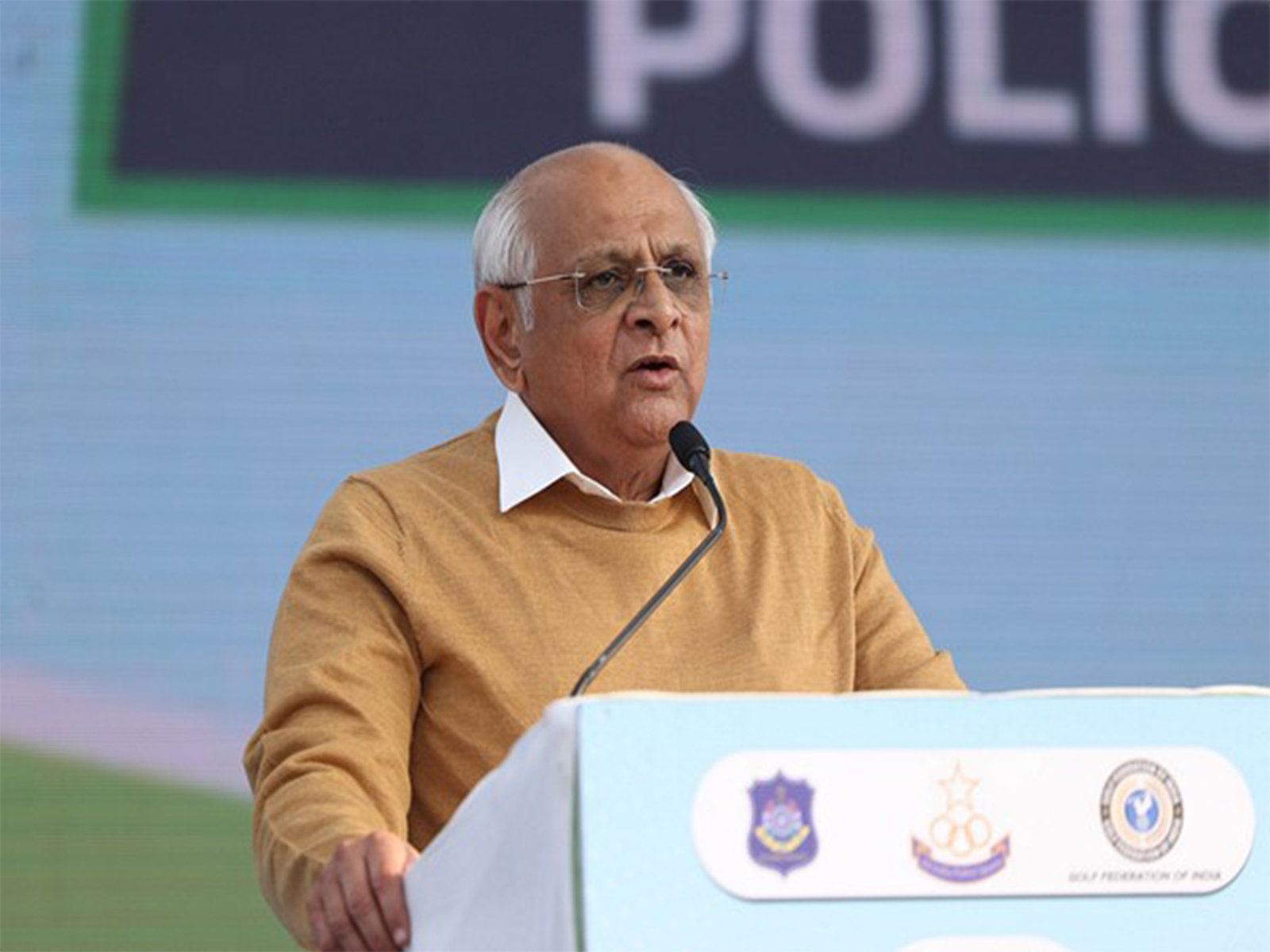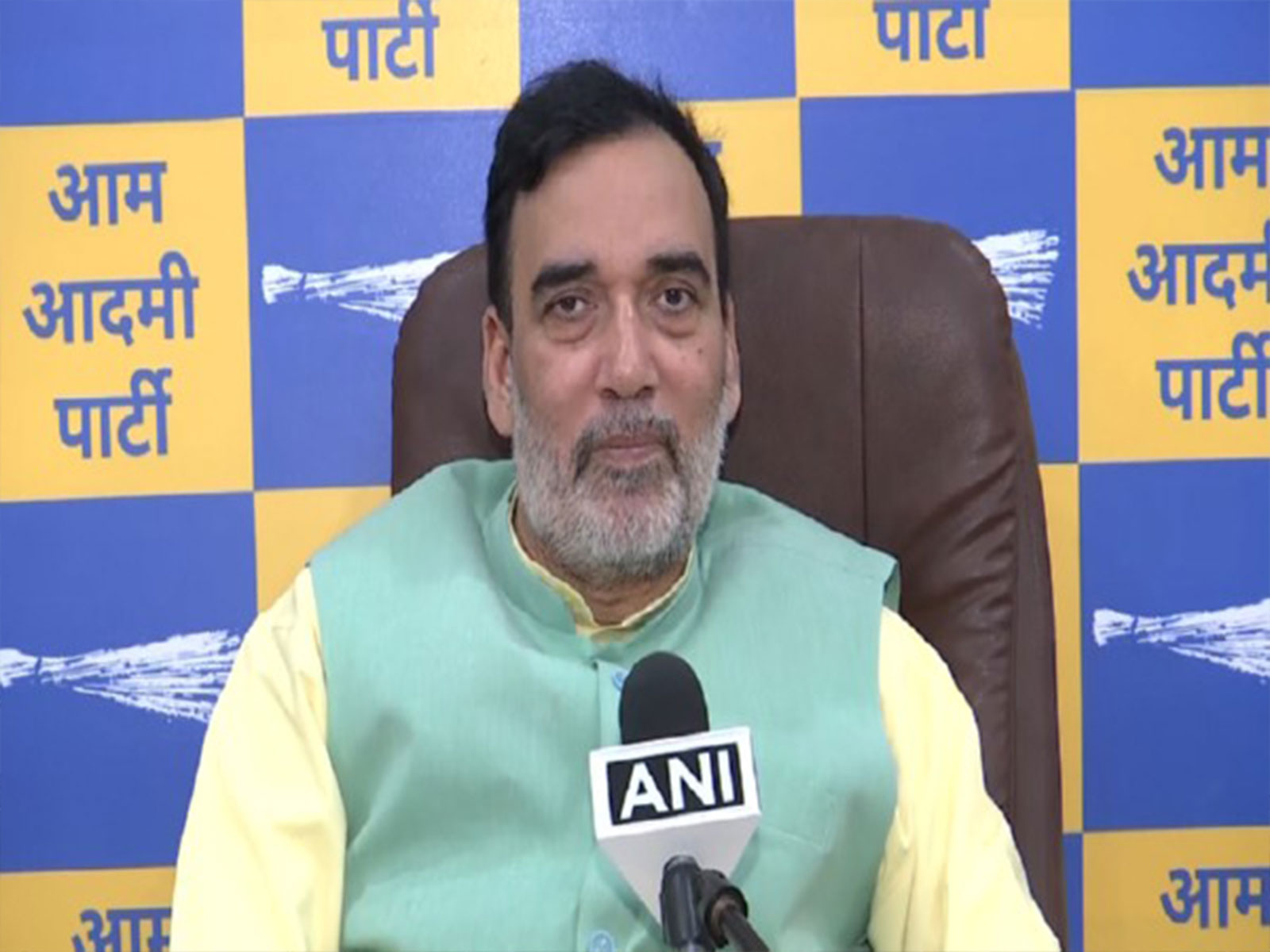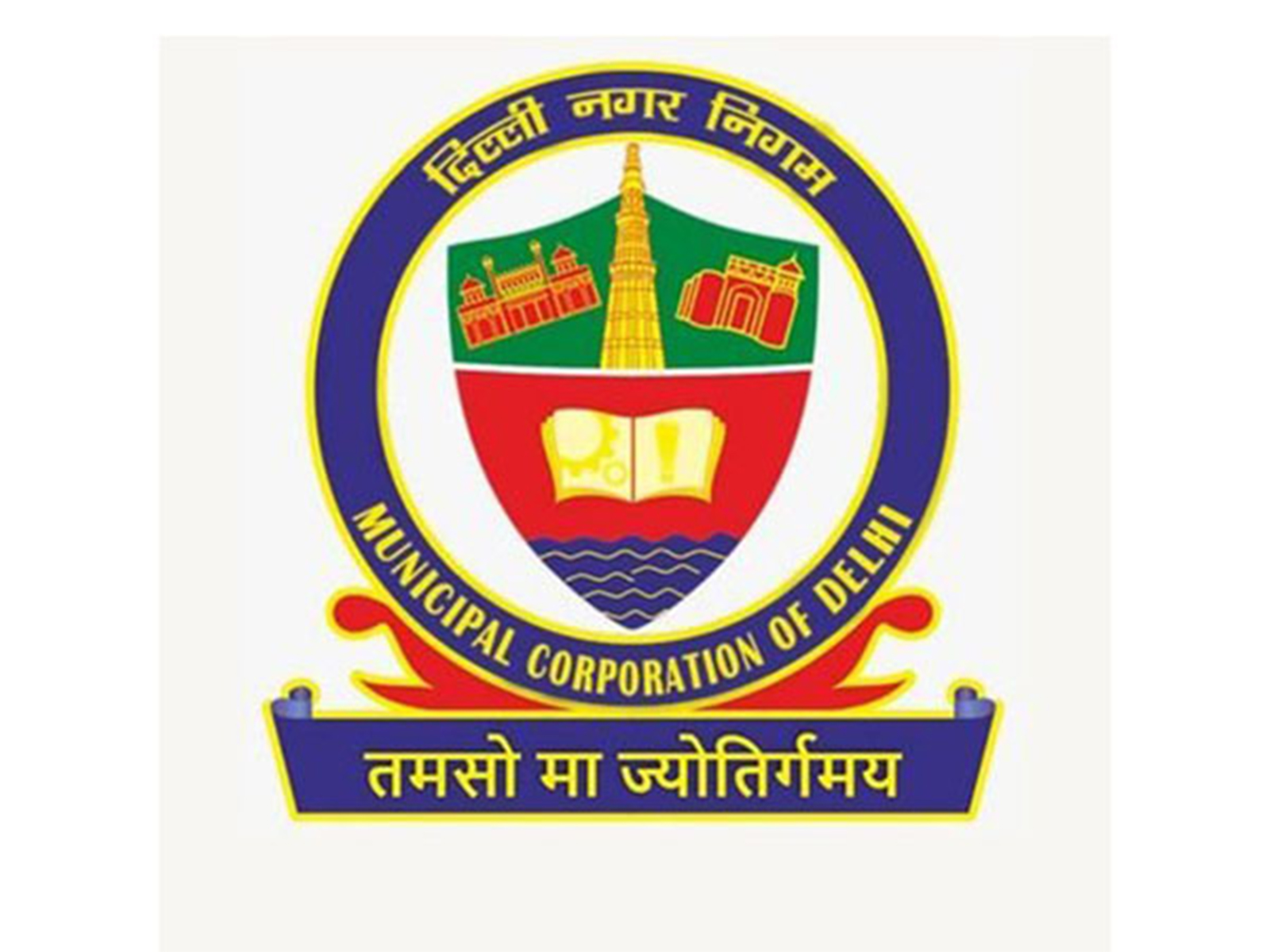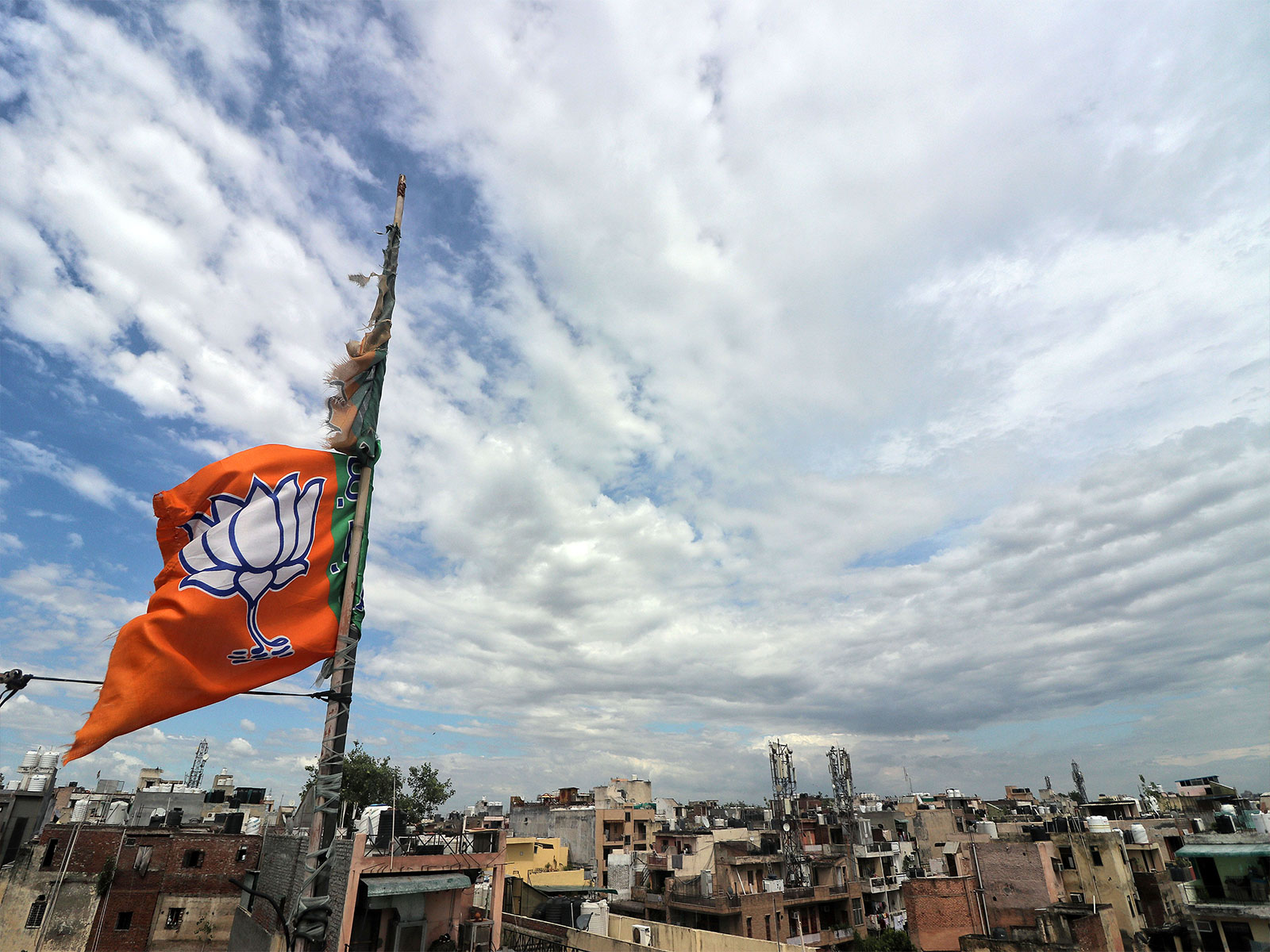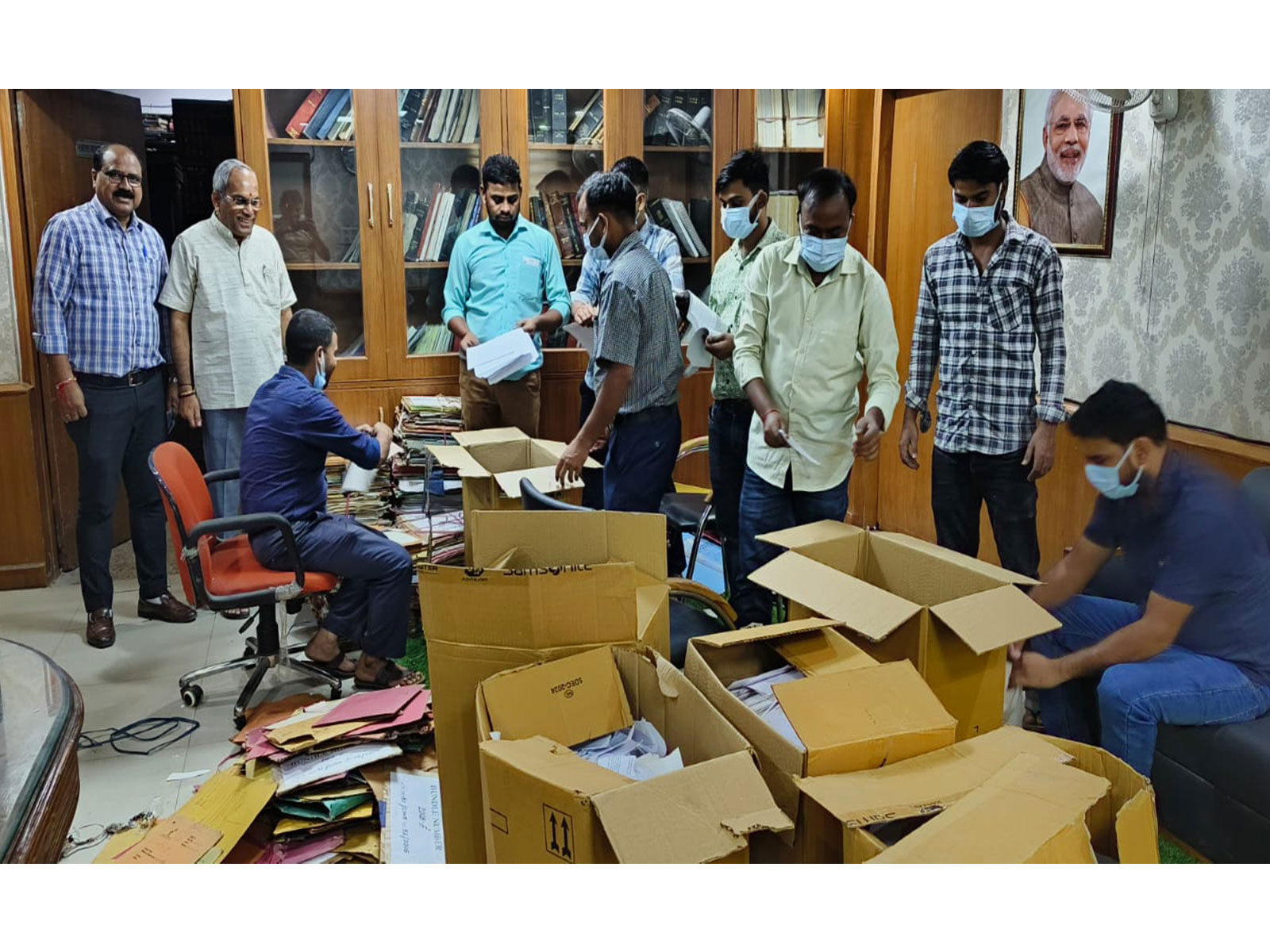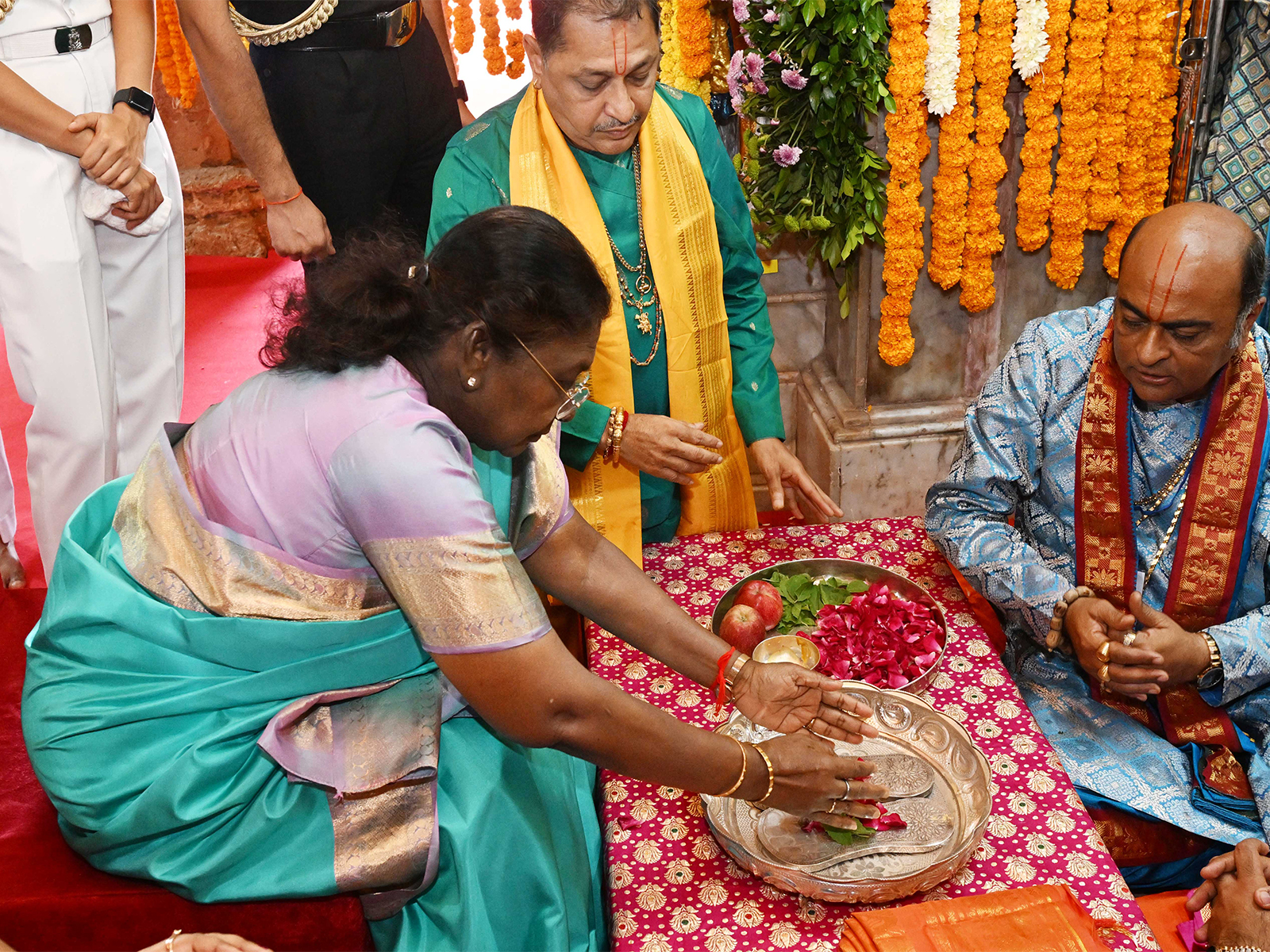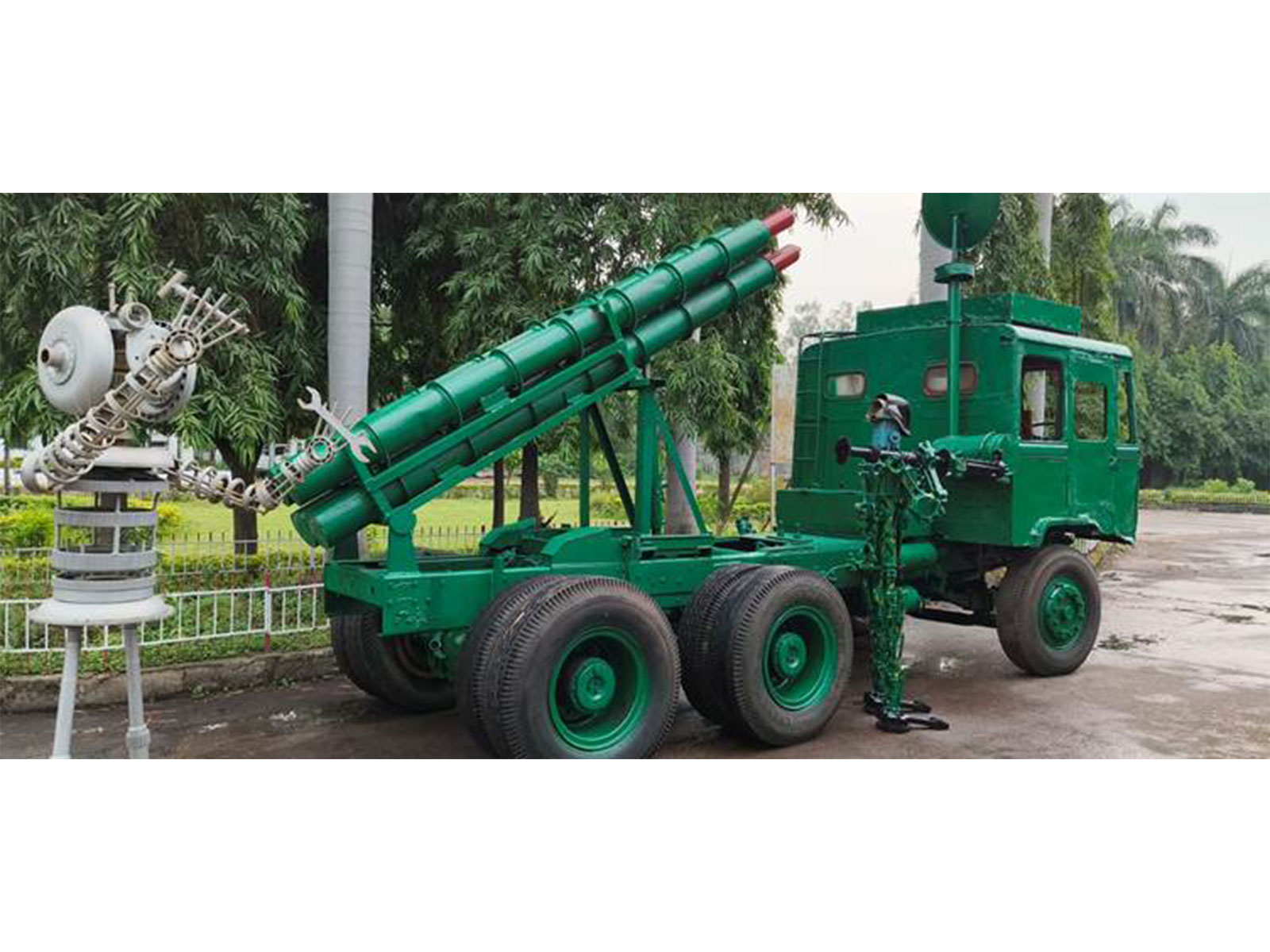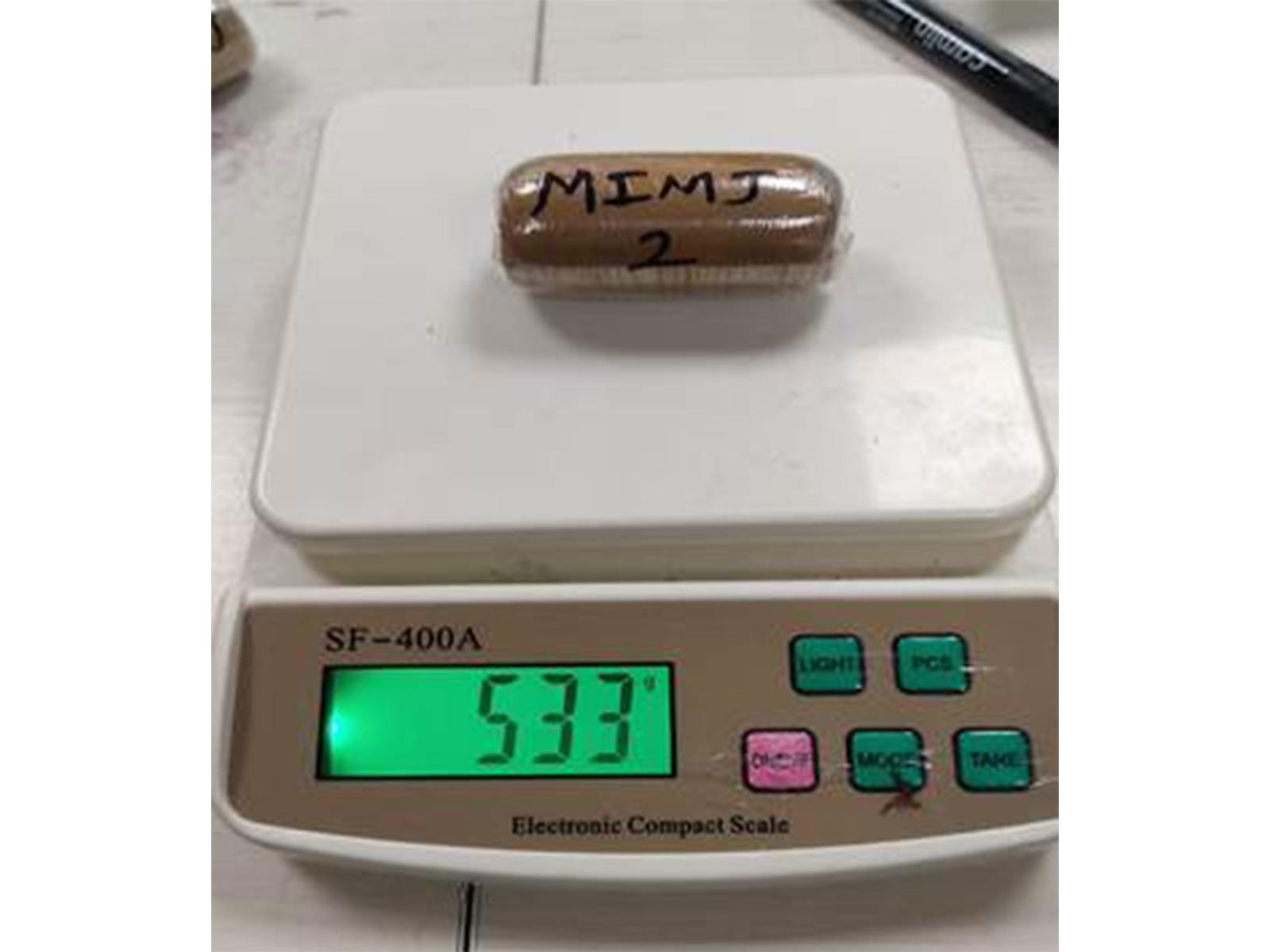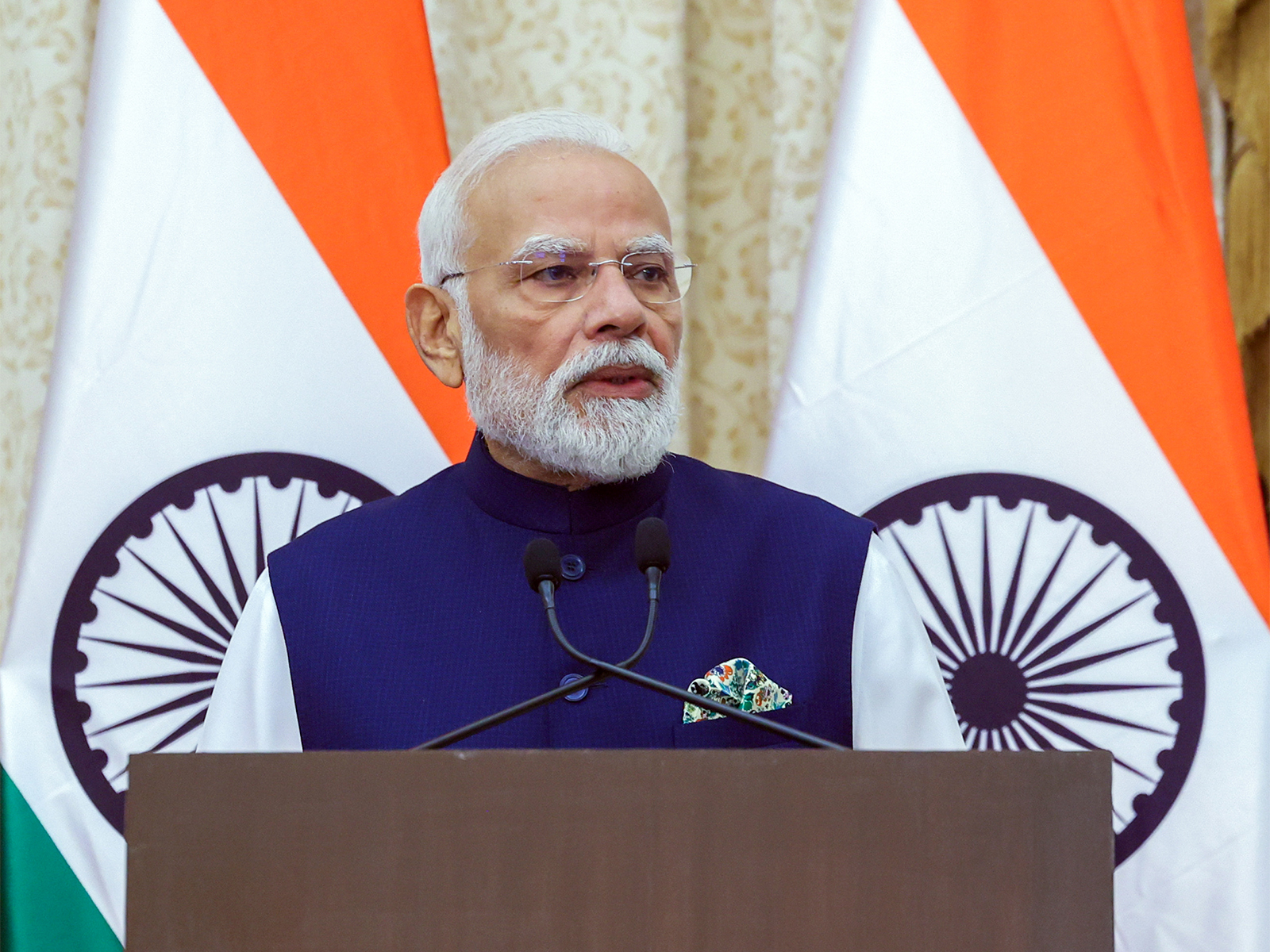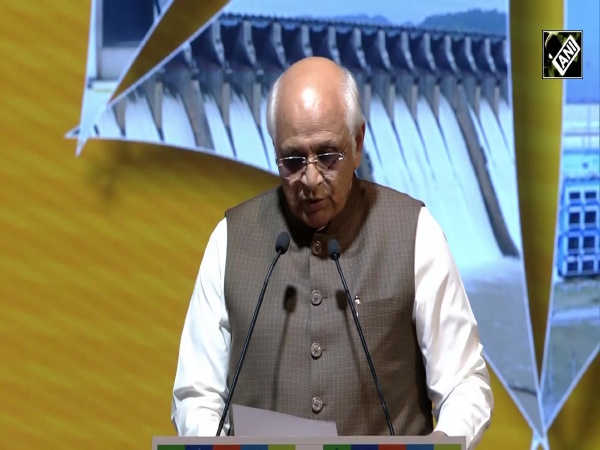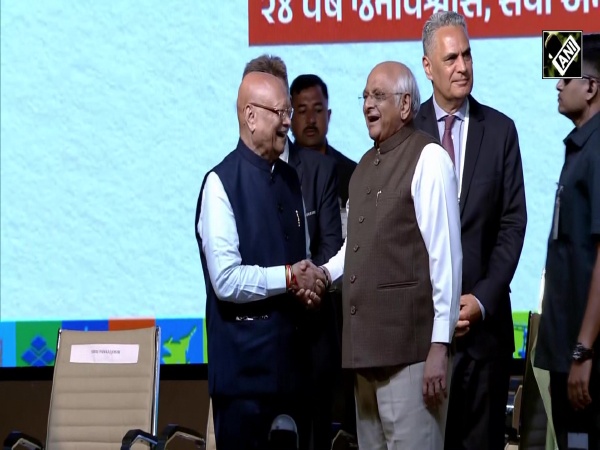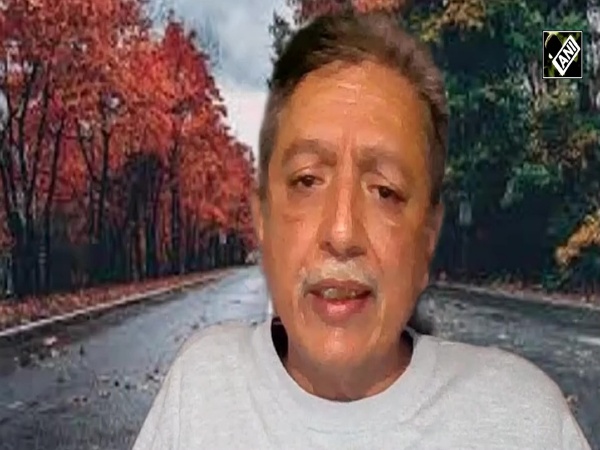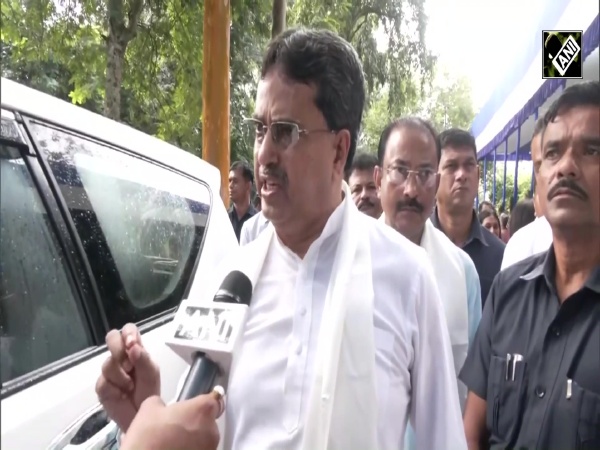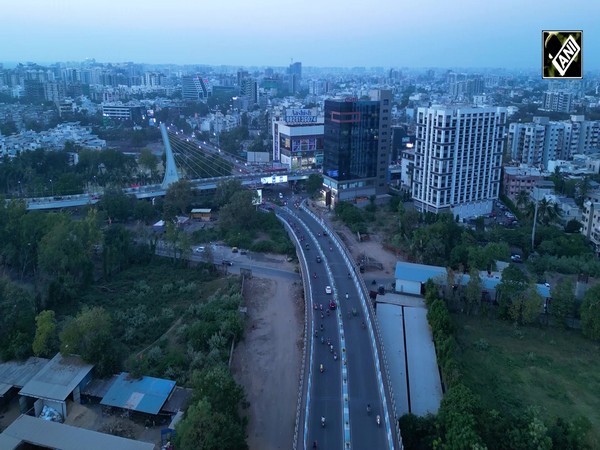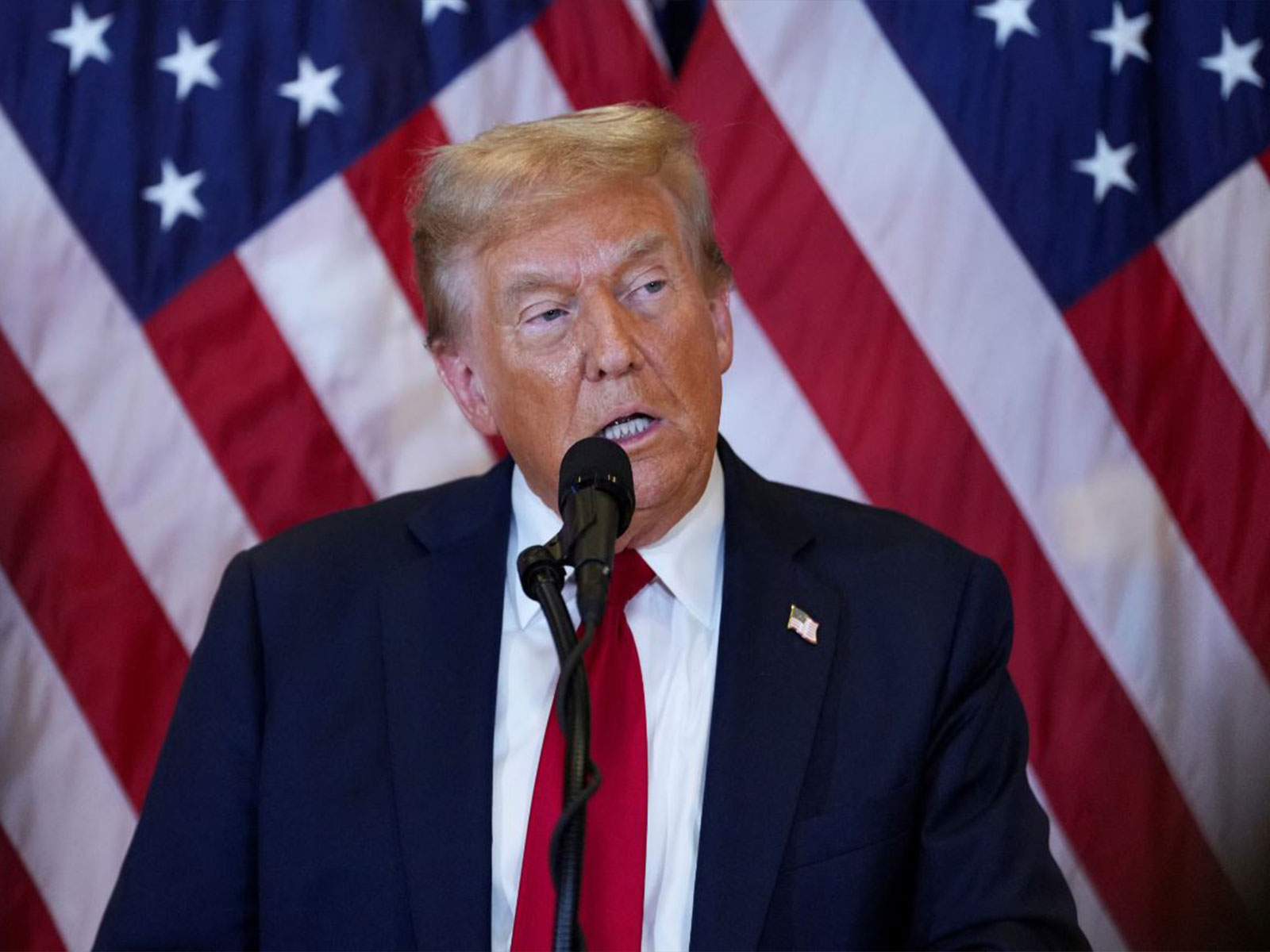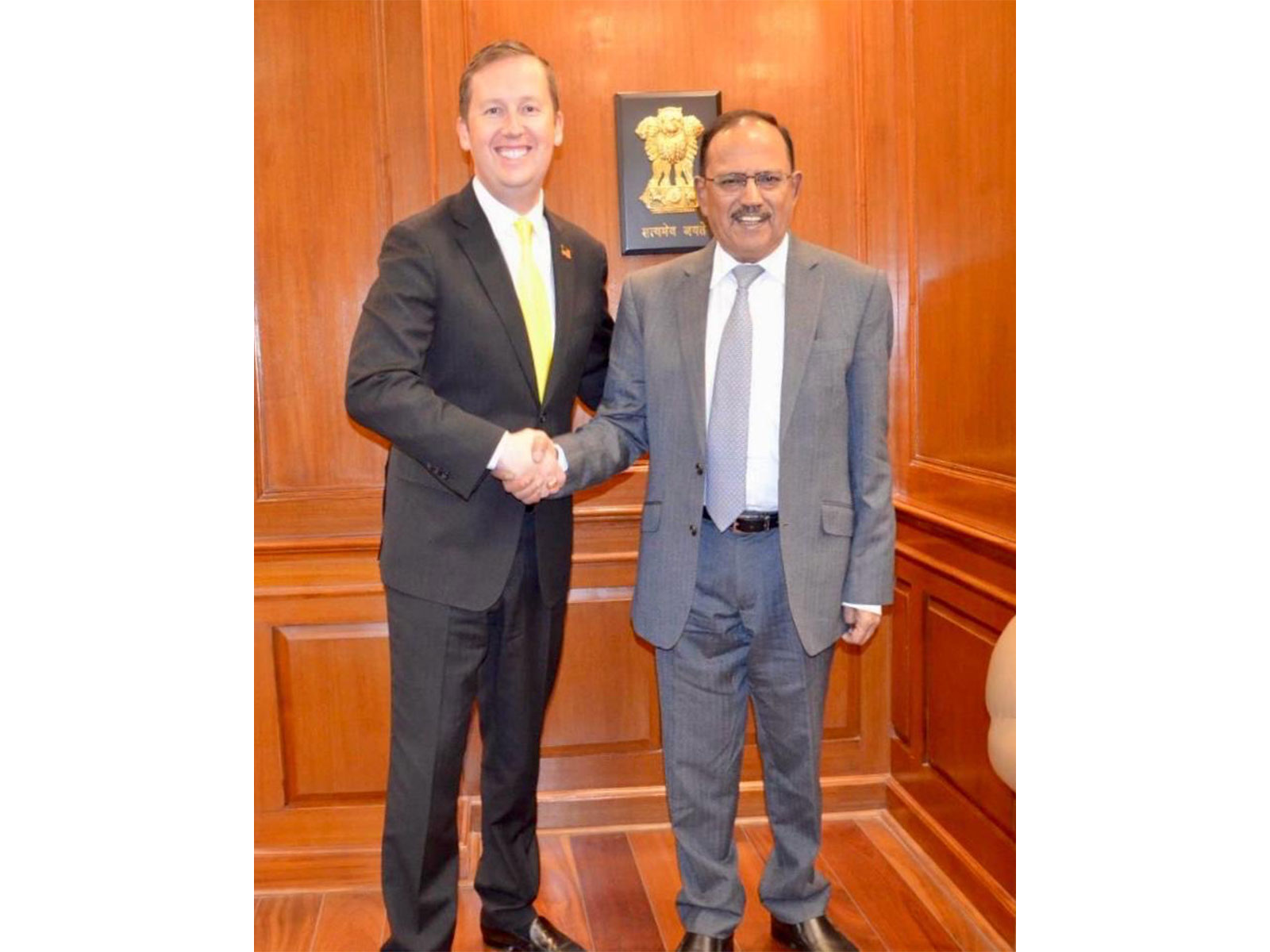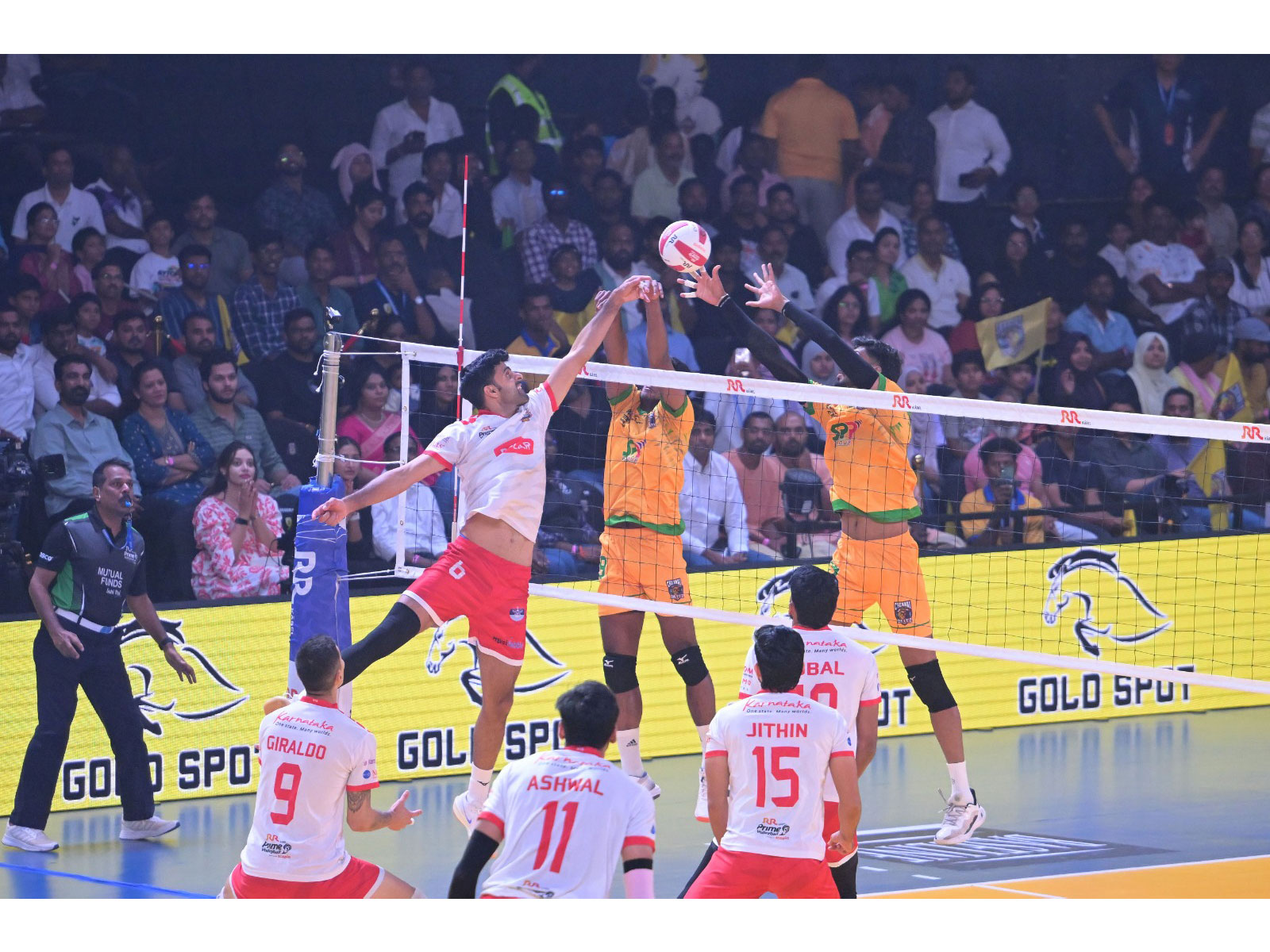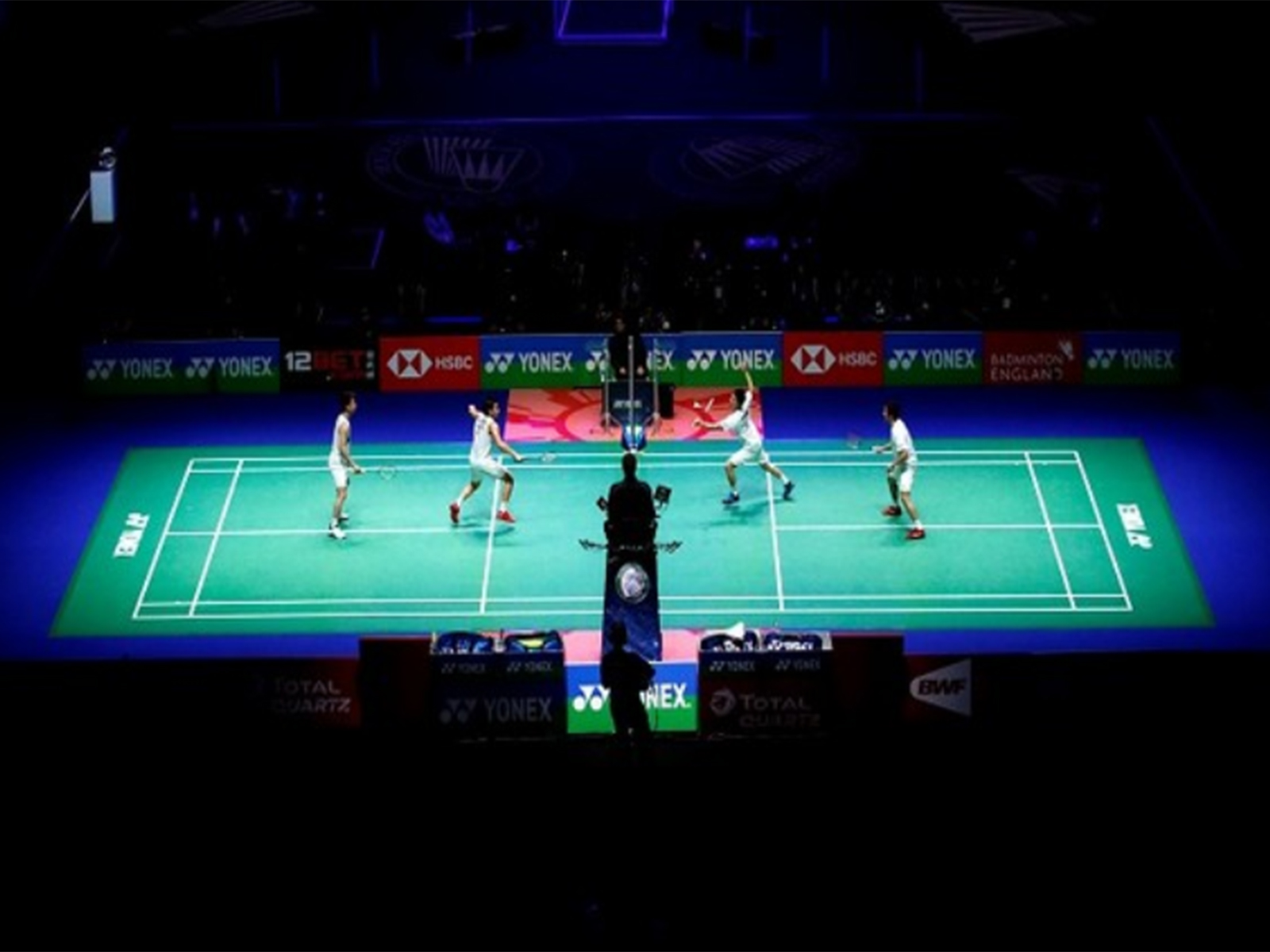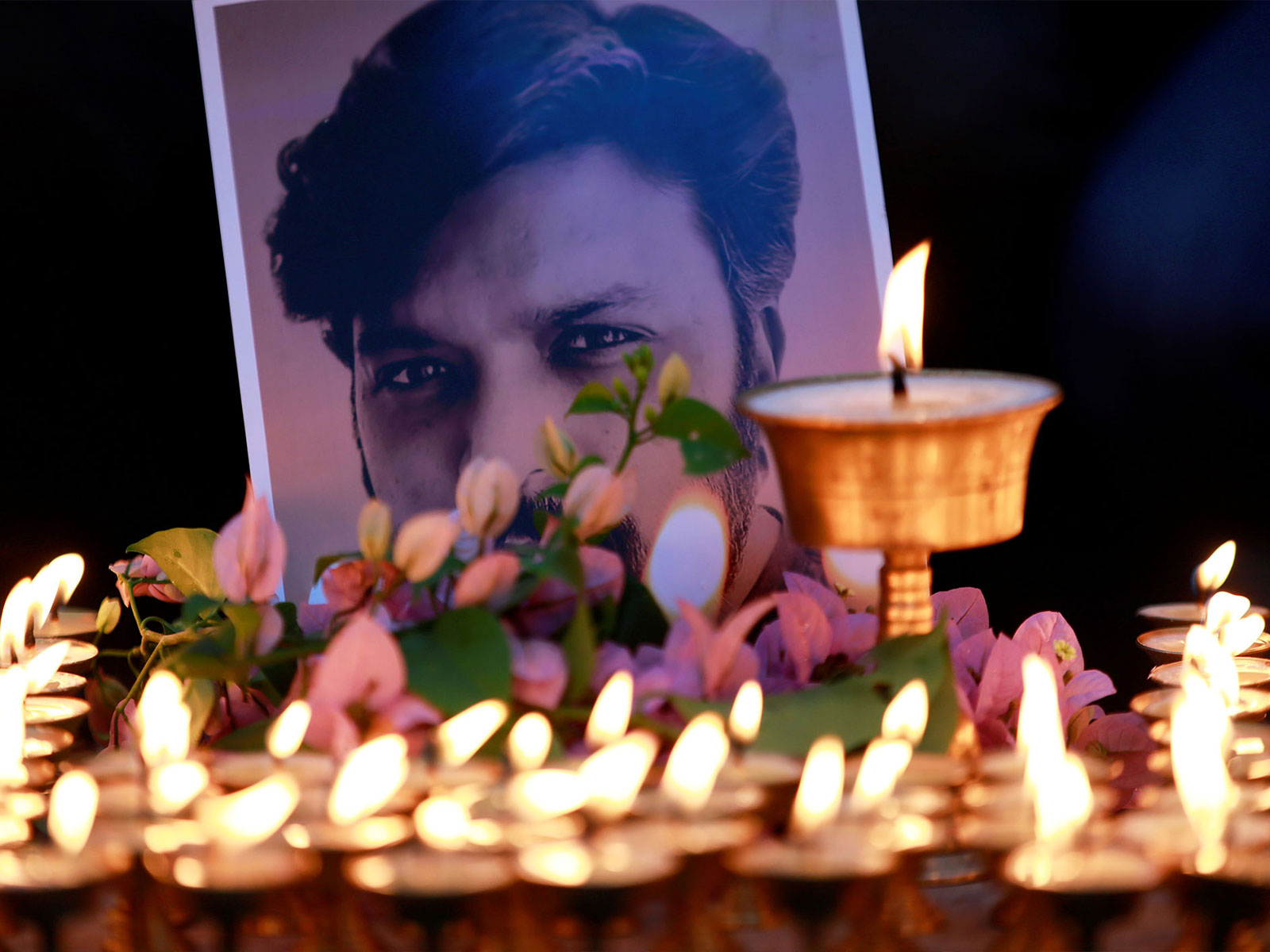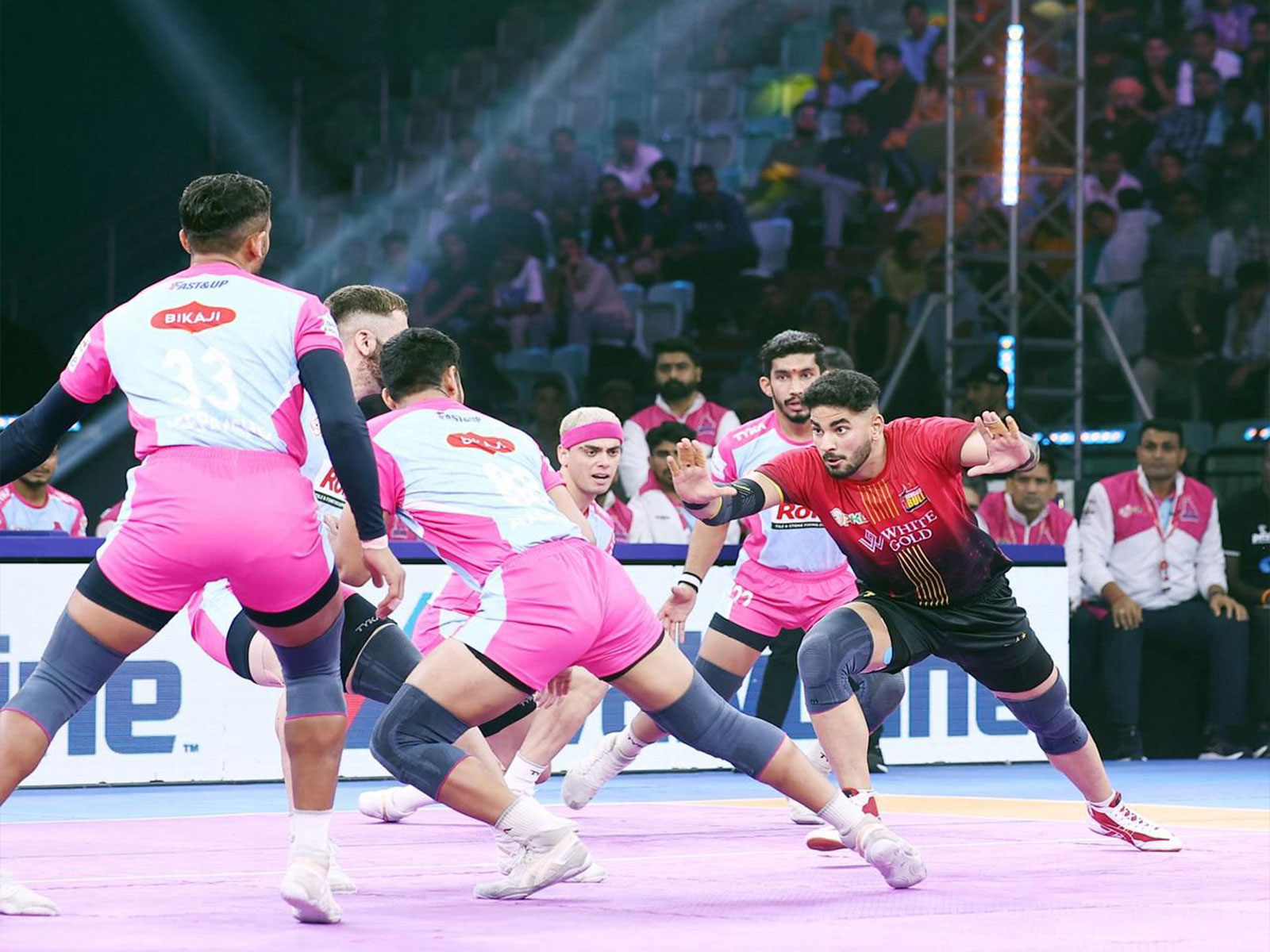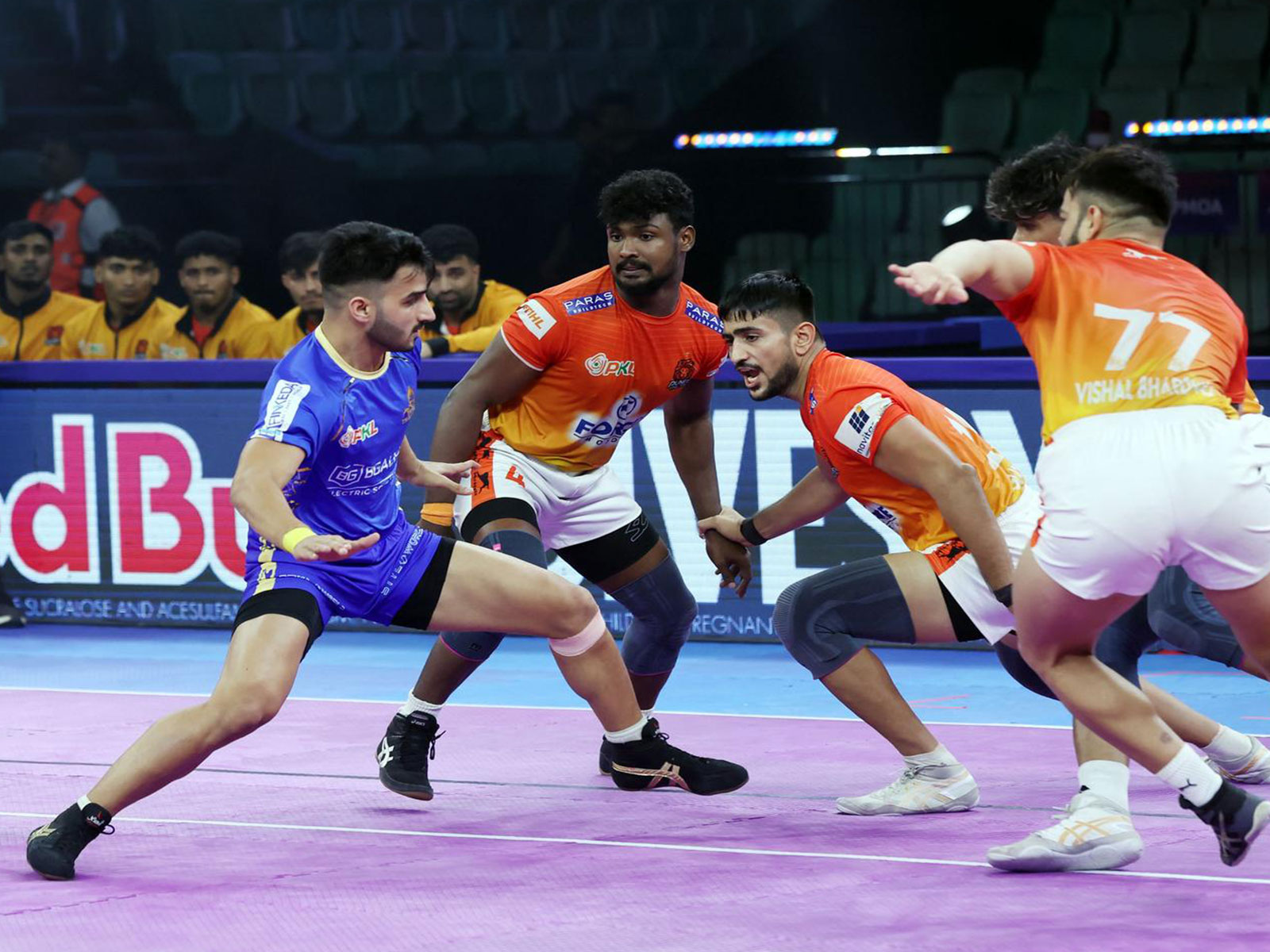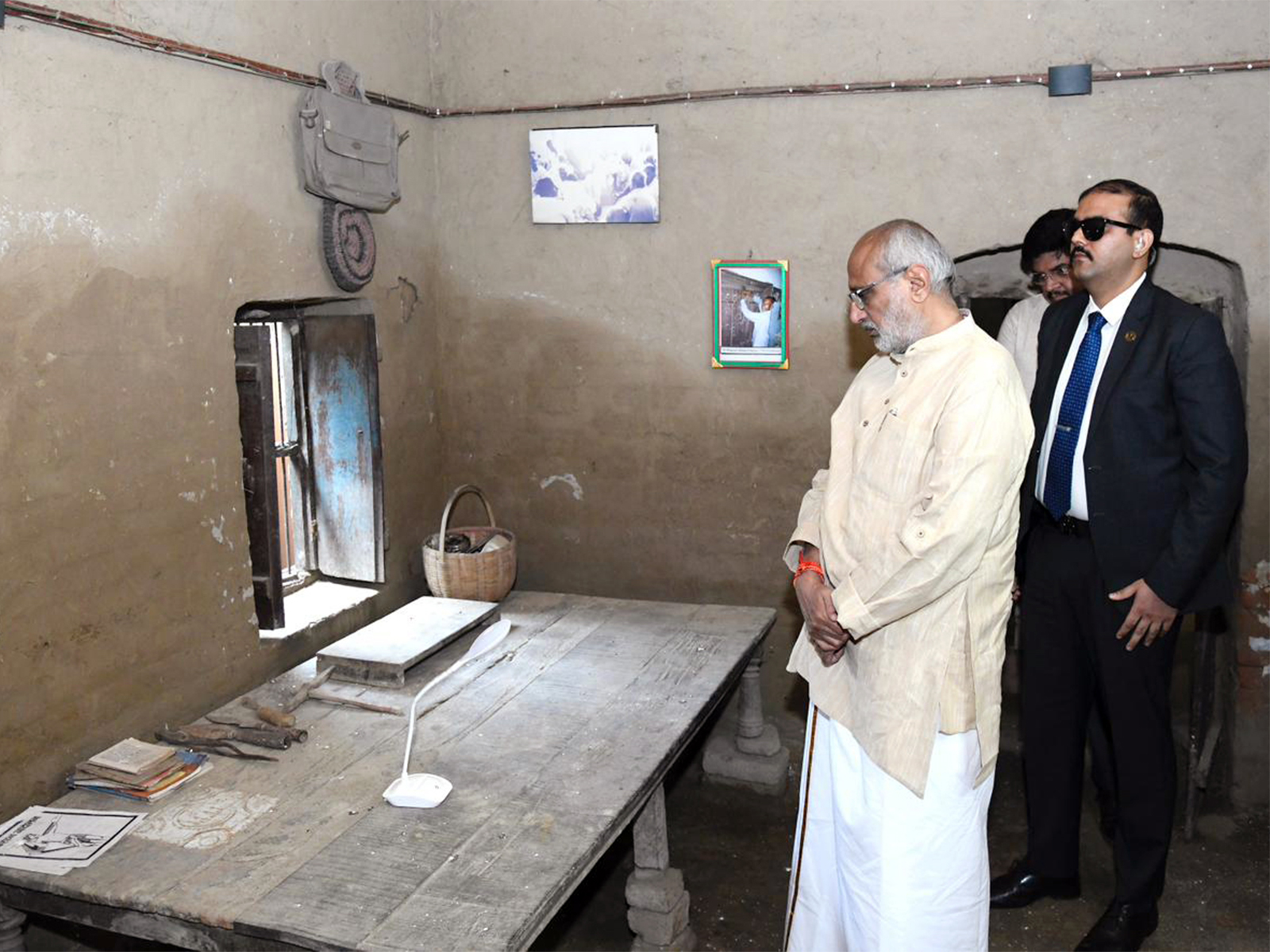
VP Radhakrishnan visits ancestral home, national memorial of Jayaprakash Narayan in Bihar's Saran
Oct 11, 2025
Saran (Bihar) [India], October 11 : Vice-President CP Radhakrishnan on Saturday paid tributes to Bharat Ratna Lok Nayak Jayaprakash Narayan on his birth anniversary at his ancestral village, Sitab Diara, in the Saran district of Bihar.
The Vice-President undertook a one-day visit to Bihar to pay homage to Lok Nayak Jayaprakash Narayan on his 123rd birth anniversary. Upon his arrival at Lok Nayak Jayaprakash Narayan International Airport in Patna, VP Radhakrishnan was received by the Governor of Bihar, Arif Mohammed Khan, and senior officials of the Government of Bihar.
The Vice-President then visited the ancestral home of Lok Nayak Jayaprakash Narayan at Sitab Diara and offered floral tributes at the Lok Nayak Jayaprakash Narayan National Memorial. He also visited the Lok Nayak Smriti Bhavan and Pustakalaya in the village.
Addressing the gathering on the occasion, the Vice-President said that it was an honour and privilege for him to stand on the sacred soil of Sitab Diara--the birthplace of one of India's tallest leaders, a true people's hero, and a tireless crusader for justice and democracy, Lok Nayak Jayaprakash Narayan.
The Vice-President observed that the 123rd birth anniversary of Lok Nayak Jayaprakash Narayan was not merely an occasion to pay tribute to a great leader, but an opportunity to celebrate an ideal that placed the nation above self, values above power, and people above politics.
He noted that Lok Nayak Jayaprakash Narayan, or JP, as he was fondly called, was not only a freedom fighter but also the conscience keeper of Indian democracy. The Vice-President stated that from the struggle for Independence to his call for 'Total Revolution' in the 1970s, Jayaprakash Narayan's life remained a shining example of moral courage, simplicity, and sacrifice.
VP Radhakrishnan mentioned that Lok Nayak had no desire for power and had declined the highest offices offered to him. Jayaprakash Narayan drew his strength from moral authority rather than political ambition.
Recalling Lok Nayak's words that his interest was not in the capture of power but in the control of power by the people, the Vice-President said these reflected Jayaprakash Narayan's deep faith in value-based and ethical politics.
He highlighted Lok Nayak's pivotal role in the Bhoodan Movement, noting that his participation gave the movement national prominence and moral credibility. The Vice-President said that Lok Nayak inspired communities across Bihar and India to rise above self-interest and work for the common good.
The Vice-President pointed out that at a time when corruption had become widespread, Lok Nayak firmly believed that the youth held the power to revive and reconstruct democratic values. He emphasized that Jayaprakash Narayan was a strong proponent of non-violent revolution as a means of achieving social transformation.
He further stated that Lok Nayak's call for Sampoorna Kranti (Total Revolution) was not a rebellion of arms but a revolution of ideas, envisioning a nation with clean governance, empowered poor, and active youth participation in shaping India's destiny.
Recalling his own association with the Total Revolution Movement, the Vice-President said that it was a personal privilege for him to have been part of it at the age of nineteen, when he served as the District General Secretary of the Total Revolution Movement in Coimbatore, inspired by Lok Nayak's call.
The Vice-President also acknowledged the unwavering support of Prabhavati Devi, Lok Nayak's wife, who had taken a vow of celibacy as an act of selflessness towards the cause of India's freedom movement.
The Vice-President described Lok Nayak Jayaprakash Narayan as a great champion of people's empowerment, who always placed Lok Shakti (the power of the people) above Rajya Shakti (the power of the State).
He said that even today, the strength of India's democratic institutions rested on the values Lok Nayak strongly upheld -- transparency, accountability, public service, and moral courage.
The Vice-President underlined that as India moves towards Viksit Bharat at 2047, it was essential to imbibe the ideals and values of Lok Nayak Jayaprakash Narayan to build a vibrant and inclusive nation.
He expressed his deep reverence for the land of Bihar, which had given India one of its noblest sons, Lok Nayak Jayaprakash Narayan. Concluding his address, the Vice-President emphasised the need to renew the nation's collective commitment to the values Lok Nayak stood for -- truth, justice, non-violence, and people's power -- and said that his life and ideals would forever remind everyone that in a democracy, the people always come first.
